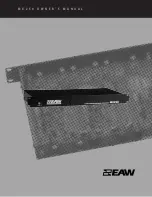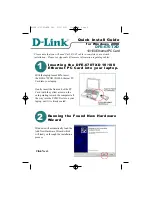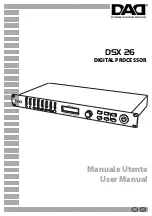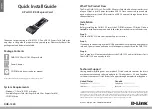
GBL Module
Application Program Interface
2-111
In contrast, the Initialization function that may be specified for HOOK
Module objects runs later and is intended for use in setting up data
structures used by other functions of the same HOOK object.
Tconf Name: USERINITFXN
Type: Extern
Example:
bios.GBL.USERINITFXN =
prog.extern("FXN_F_nop");
❏
Enable Real Time Analysis
. If this property is true, target-to-host
communication is enabled by the addition of IDL objects to run the
IDL_cpuLoad, LNK_dataPump, and RTA_dispatch functions. If this
property is false, these IDL objects are removed and target-to-host
communications are not supported. As a result, support for
DSP/BIOS implicit instrumentation is removed.
Tconf Name: ENABLEINST
Type: Bool
Example:
bios.GBL.ENABLEINST = true;
❏
Use Instrumented BIOS Library
. Specifies whether to link with the
instrumented or non-instrumented version of the DSP/BIOS library.
The non-instrumented versions are somewhat smaller but do not
provide support for LOG, STS, and TRC instrumentation. The
libraries are located in <BIOS_INSTALL_DIR>\packages\ti\bios\lib.
By default, the instrumented version of the library for your platform is
used.
Tconf Name: INSTRUMENTED
Type: Bool
Example:
bios.GBL.INSTRUMENTED = true;
❏
Enable All TRC Trace Event Classes
. Set this property to false if
you want all types of tracing to be initially disabled when the program
is loaded. If you disable tracing, you can still use the RTA Control
Panel or the TRC_enable function to enable tracing at run-time.
Tconf Name: ENABLEALLTRC
Type: Bool
Example:
bios.GBL.ENABLEALLTRC = true;
❏
DPORT write in posted mode
. D-port write operations are set to
posted or non-posted mode via the data port configuration register
DCR.WPE bit. The default for this parameter is true, and all D-port
writes are posted. Set this parameter to false if you want the D-port
operations to be non-posted. (OMAP 2320/2420 only)
Tconf Name: DCRPOSTEDERITE
Type: Bool
Example:
bios.GBL.DCRPOSTEDERITE = true;
















































